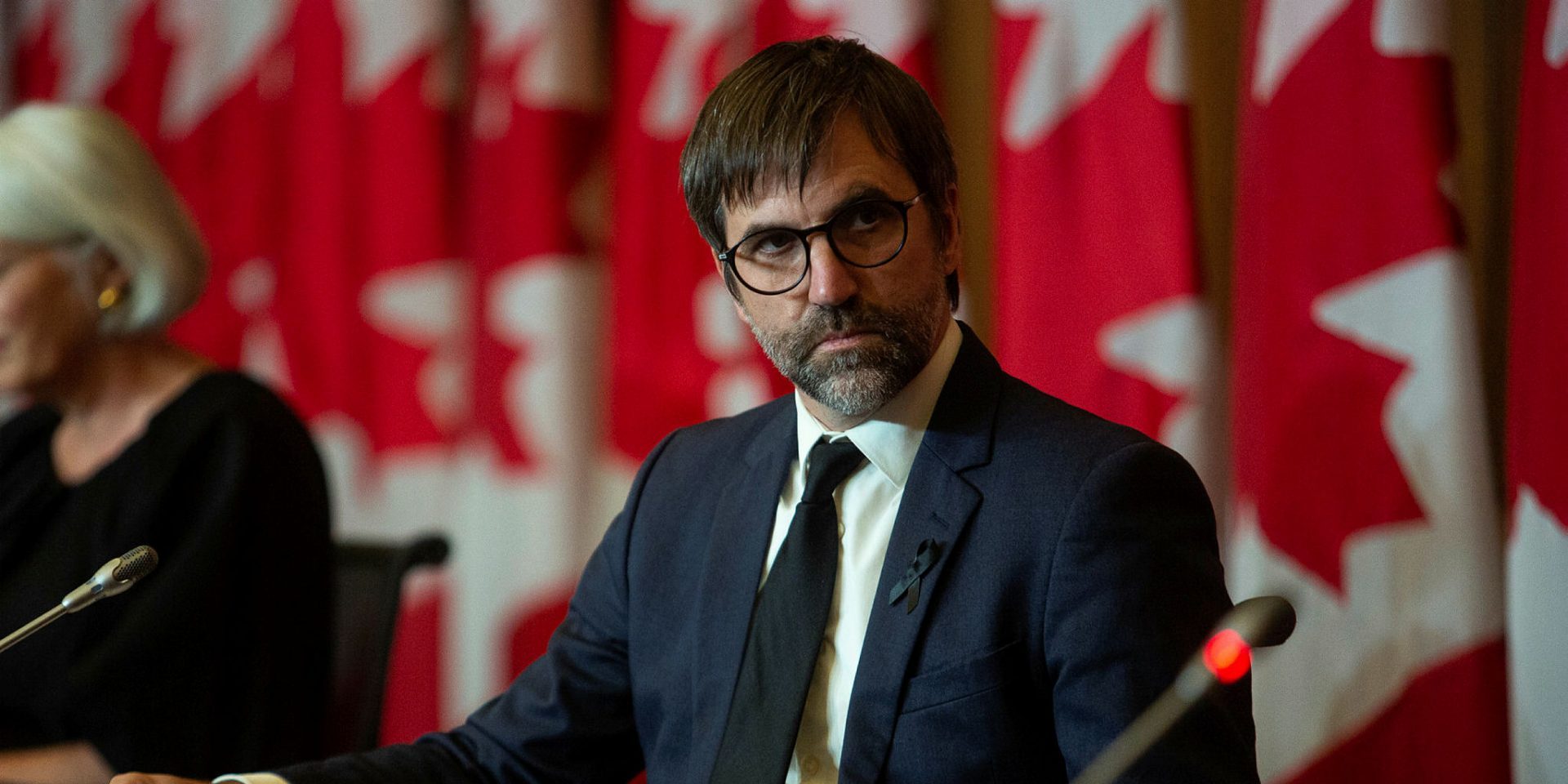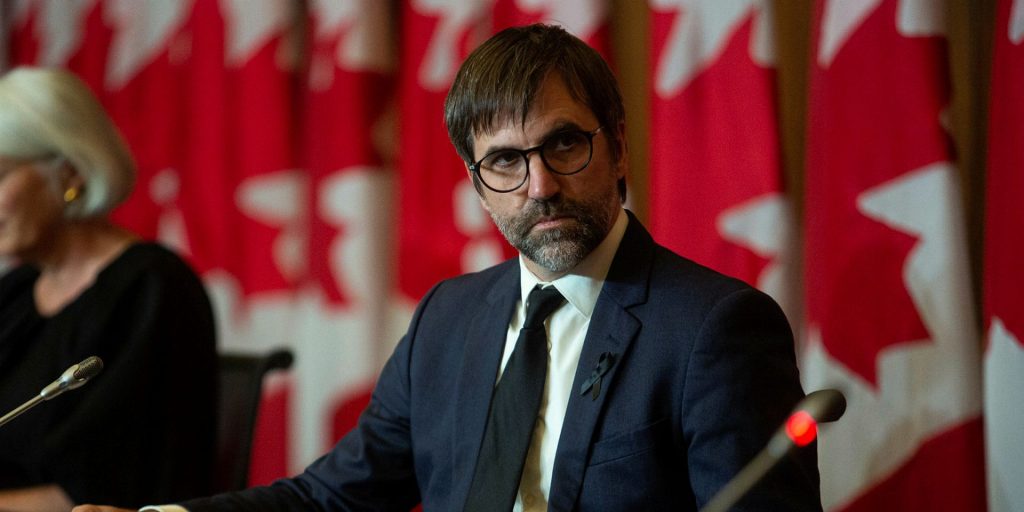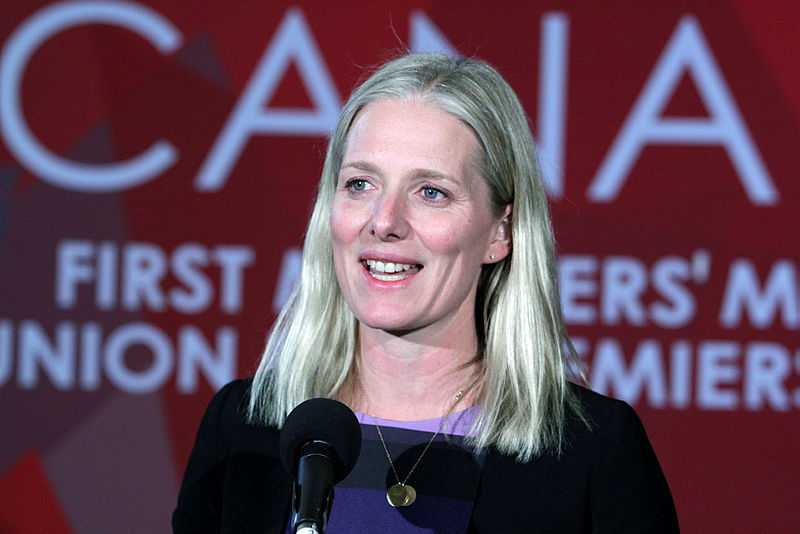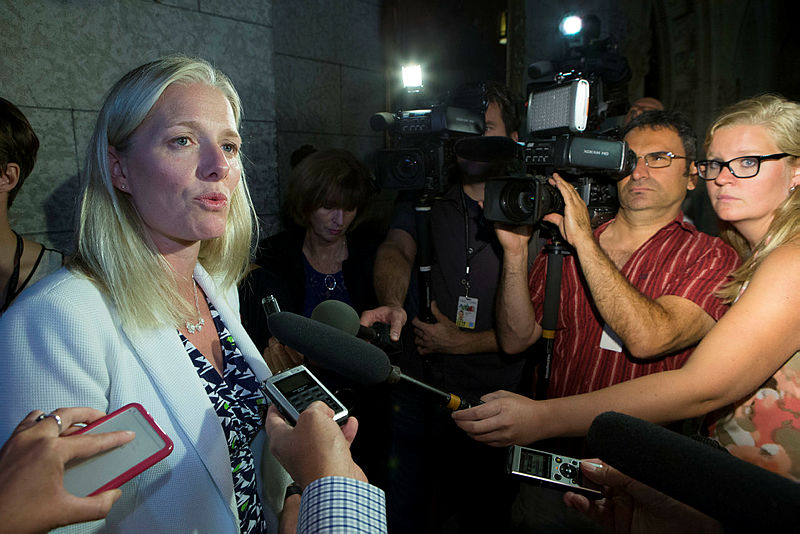- Governments should resist the siren song of being too hands-on in the direction of specific sectors or technologies, and focus instead on addressing the

- Governments should resist the siren song of being too hands-on in the direction of specific sectors or technologies, and focus instead on addressing the
- Governments should resist the siren song of being too hands-on in the direction of specific sectors or technologies, and focus instead on addressing the





